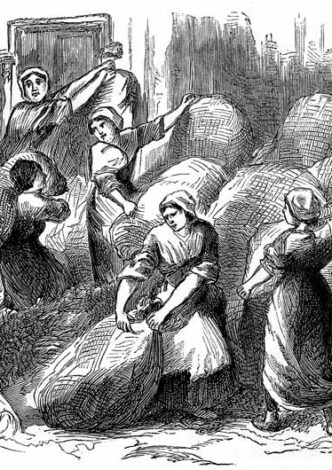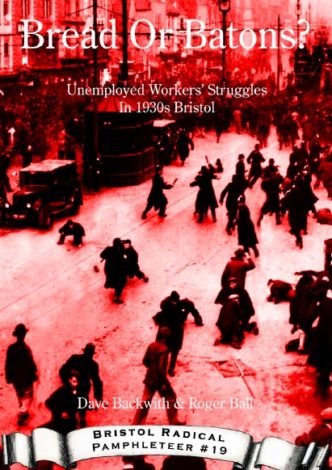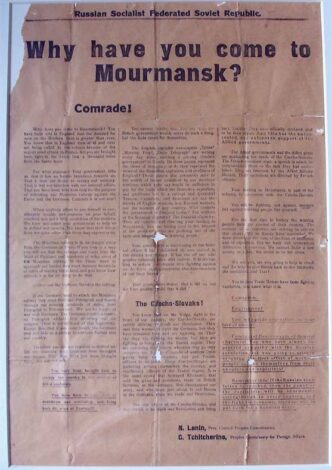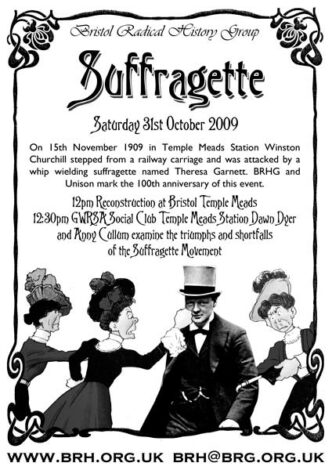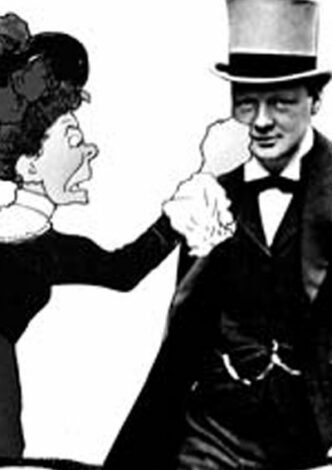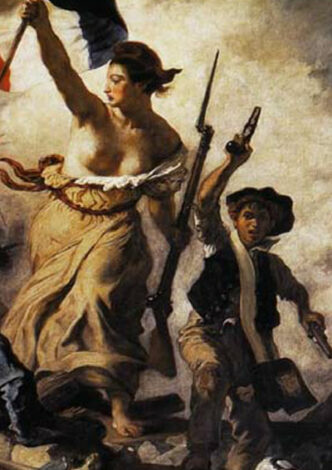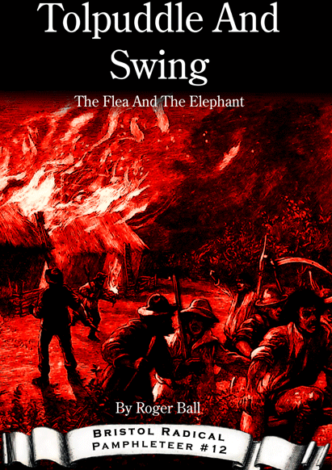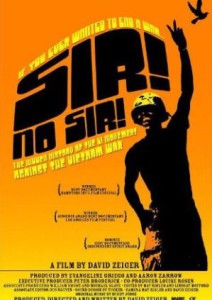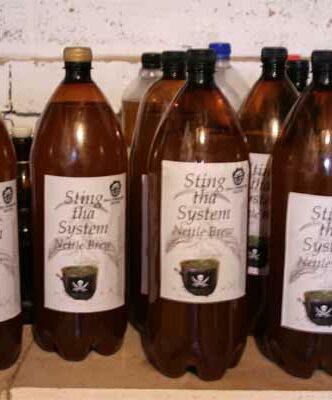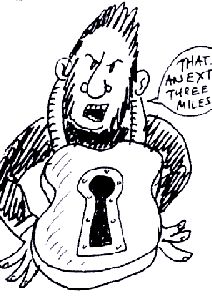Dorothy Hazard And Other Bristol Separatists
Taken from Bristol Past and Present by J. F. Nicholls and John Taylor, published in 1882 In Bristol from 1604 the Rev. William Yeamans, a Puritan vicar of the church of St. Philip and Jacob, was the central rallying point for the godly, who sat under his light for nearly twenty years, keeping many fast days in private houses, namely, at one Wm. Listun's house, a glover, near Lawford‚s gate, and at one Richard Langford's house, a house carpenter in the Castle, and sometimes at other places, where […]


